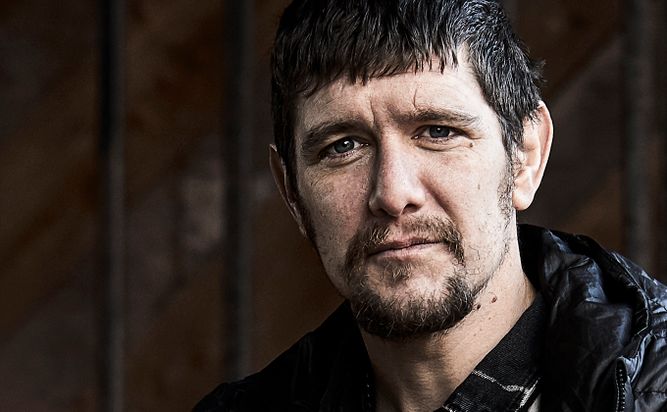
Central nervous system
Opioid dependence
High burden on individuals and society
Opioid dependence is a serious, chronic, relapsing disease that impacts all aspects of a person's daily life, and have significant impact on their family, friends, and society.1 Opioids is considered to cause the greatest societal burden of all drugs.2,3
Disease overview
Opioid dependence – an escalating global health problem
Opioid dependence, sometime referred to as opioid addiction or opioid use disorder, is an escalating global health problem, contributing to significant adverse mental, physical, and social consequences, including unemployment, criminal activity, imprisonment, transmission of infectious diseases, unintentional overdose and death.1 An estimated 60 million people globally use opioids for non-medical purposes.4
In the US, there is an ongoing overdose crisis, including increased fentanyl use, results in around 80,000 opioid-related deaths annually.5 An estimated 6-7 million people in the US are misusing opioids, of which about 3 million are diagnosed with opioid use disorder and only about half receive medical treatment for their dependency.6-8
In Europe, there are more than 1.4 million high risk users of opioids, and, as in the US, only half of these receive medical treatment.9-11 Etimated over 6,000 lives are lost amnually in Europe due to drug-related overdoses, of which 74 percent of these are related to use of opioid use.9
In Australia, approximately half of the 1,600 annual unintentional drug-related deaths involve opioids, and drug-related deaths over the past two decades have outpaced the country's population growth.12
Opioid dependence – a medical condition with high social stigma
Opioid dependence can happen to anyone – often there is not just one driving factor. This chronic condition, which can arise from repeated use of opioids, affects the brain leading to the person feeling a strong need for opioids despite being aware of the harm they cause. Opioid dependence is often associated with high social stigma and social exclusion.13,14
Principles of opioid dependence treatment
Like other chronic conditions, opioid dependence often requires long-term treatment and treatment may consist of a combination of pharmacological and psychological interventions.
To learn more about opioid dependence, see opioiddependenceandme.com
References
- Strang J., et al. Opioid use disorder. Nat Rev Dis Primers. 2020 Jan 9;6(1):3.
- European Drug Report 2023.
Cohen, SP. Chronic pain: an update on burden, best practices, and new advances. 2021;397(10289):2082-97.
- https://www.unodc.org/res/WDR-2023/Special_Points_WDR2023_web_DP.pdf
- https://www.cdc.gov/nchs/nvss/vsrr/drug-overdose-data.htm
- Keyes KM, et al. Drug Alc. Dep. Reports 2022.
- CDC, Opioid Use Disorder: https://www.cdc.gov/dotw/opioid-use-disorder
- Symphony Health Data.
- European Drug Report 2023.
- https://assets.publishing.service.gov.uk/government/uploads/system/uploads/attachment_data/file/882953/Review_of_Drugs_Evidence_Pack.pdf
- https://www.scotpho.org.uk/risk-factors/drugs/data/availability-and-prevalence/
- Australia’s Annual Overdose Report 2023.
- https://www.cdc.gov/stopoverdose/stigma/
- Dematteis M., et al. Expert Opin Pharmacother. Dec ;18(18) :1987-1999.
- UNODC, World Drug Report 2023.

1.5
millionhigh risk users of opioids in Europe and Australia and only half of these get medical treatment for their opioid dependence9-12,15
74%
of fatal drug overdoses in Europe caused by overdoses with opioids9
Symptoms
In addition to cravings, withdrawals and drug seeking behavior, physical symptoms of opioid dependence may include changes in sleep habits, weight loss and decreased libido.
Diagnosis
An opioid dependence diagnosis may be made by a doctor following a formal assessment based on the patient’s history and pattern of opioid use, such as use of heroin, other illicit opioids or prescription opioids.
Management
Treatment and management of opioid dependence need to be individualized and may consist of a combination of different pharmacological and psychological interventions.

